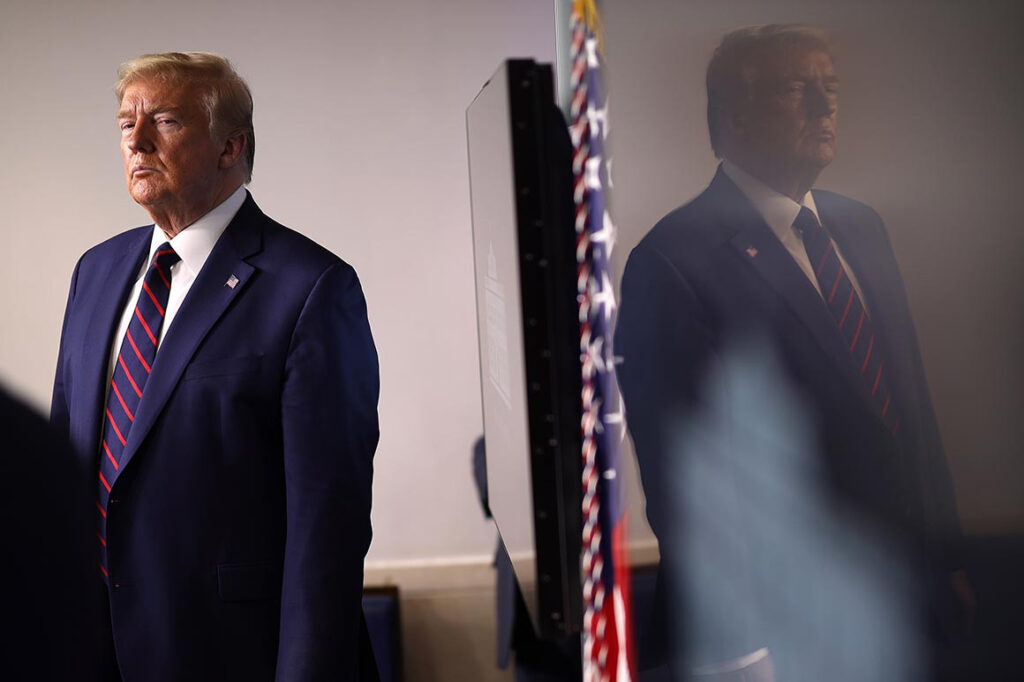In recent developments that have sent shockwaves through the political landscape, the co-defendant in the Georgia election case involving former President Donald Trump has taken a surprising turn by entering a not guilty plea. This unexpected twist adds a new layer of complexity to an already intricate legal battle, prompting us to delve into the nuances of the case and its potential implications.
Unraveling the Not Guilty Plea
The legal maneuvering in the Georgia election case has taken an unforeseen trajectory with the co-defendant’s decision to plead not guilty. This plea raises questions about the strategies and defenses that will be employed in the courtroom. The co-defendant’s legal team is poised to contest the charges vigorously, aiming to present a compelling argument that challenges the evidence presented by the prosecution. This move sets the stage for a contentious legal showdown, capturing the attention of legal scholars and political analysts alike.
The Case’s Historical Context
To comprehend the full significance of this recent development, it’s crucial to revisit the historical context in which the case unfolded. The 2020 U.S. Presidential Election was marred by controversy, with allegations of election irregularities and voter fraud. Former President Trump’s legal team mounted a series of legal challenges across multiple states, including Georgia. The co-defendant’s alleged involvement in these events underscores the importance of the case and its potential impact on the perception of election integrity.
Legal Implications and Precedents
As legal experts examine the implications of the not guilty plea, they draw parallels to previous cases that have shaped the legal landscape. The intricacies of election law, coupled with constitutional considerations, make this case a focal point for the ongoing debate surrounding the integrity of the electoral process. The co-defendant’s plea opens up discussions about the burden of proof, the admissibility of evidence, and the broader implications for future elections.
Public Reaction and Political Ramifications
The not guilty plea has reverberated beyond the courtroom, triggering a flurry of reactions from the public and political figures. Supporters of the co-defendant view the plea as a staunch defense against what they perceive as politically motivated charges. On the other hand, critics argue that the plea undermines the credibility of the justice system and perpetuates a narrative of election interference. This divide underscores the deep-seated ideological tensions that continue to shape American politics.
Media’s Role in Shaping Perceptions
The media’s role in shaping public perceptions of the case cannot be understated. As news outlets dissect every aspect of the legal proceedings, the narrative surrounding the case evolves. Headlines, op-eds, and televised debates contribute to the broader discourse about the co-defendant’s not guilty plea. This underscores the influence of media in not only disseminating information but also in shaping public opinion and influencing the court of public opinion.
The Road Ahead: What to Expect
In the wake of the not guilty plea, legal analysts predict a protracted legal battle that will explore uncharted legal territory. The courtroom drama will likely be punctuated by expert witnesses, meticulous cross-examinations, and impassioned closing arguments. The case’s outcome could set legal precedents that extend beyond this particular election, influencing future cases involving election disputes and allegations of wrongdoing.



